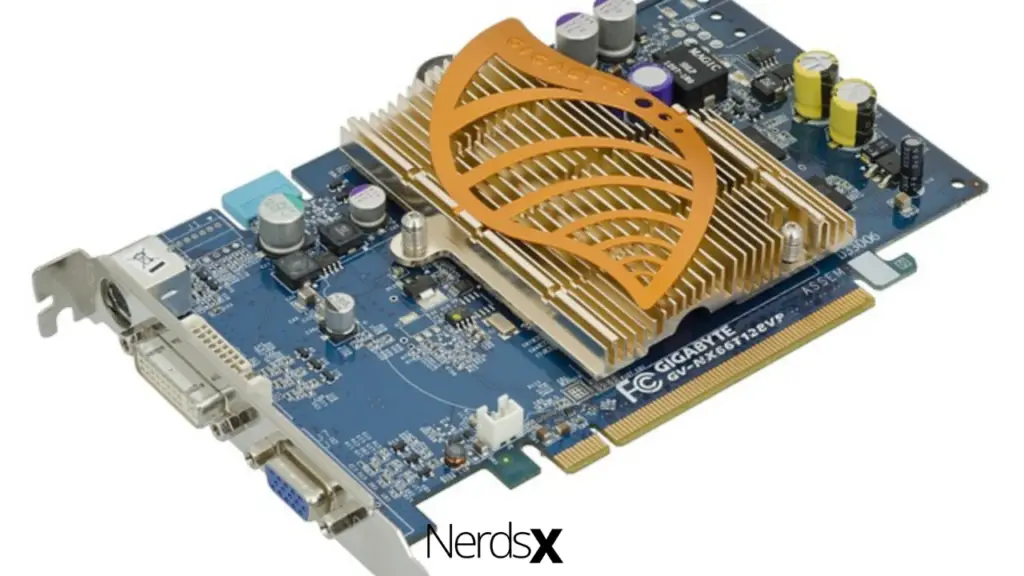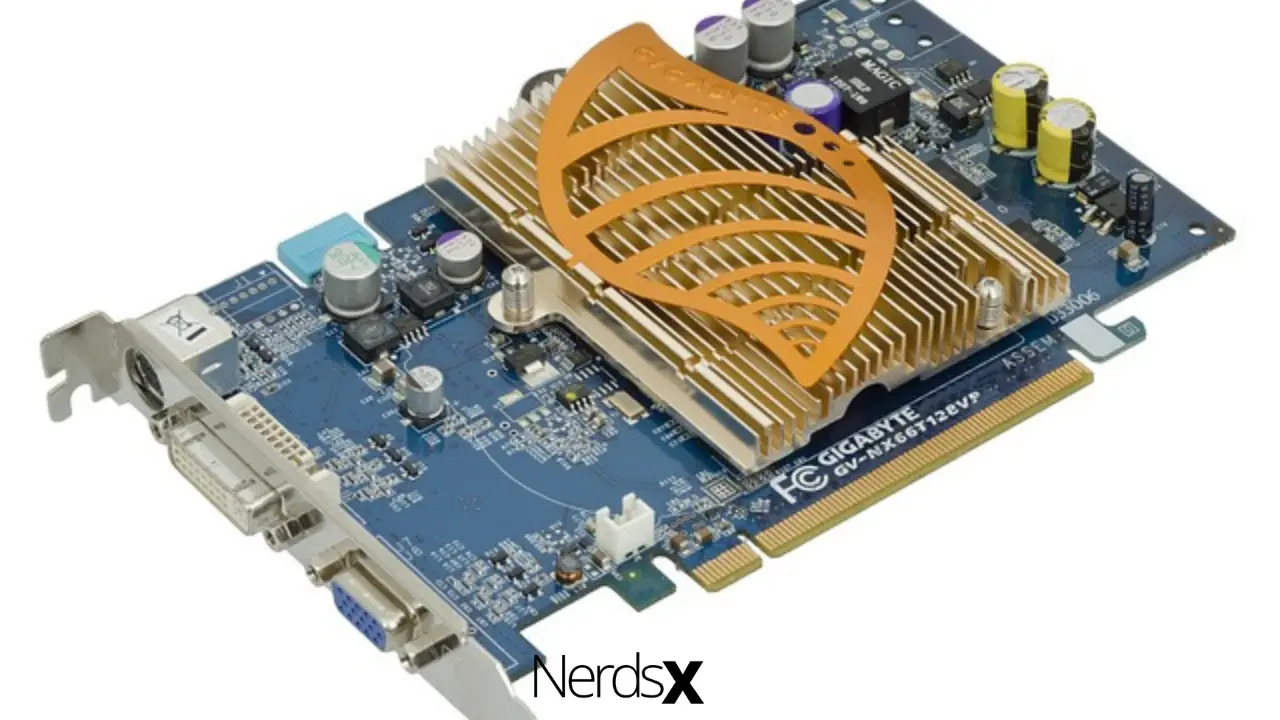Both Gigabit and Gigabyte are units of measurement which describe digital data but many people find it very difficult to understand the difference between these two units of measurements. Moreover, many people use Gigabit and Gigabyte synonymously and they don’t have any idea how much they measure and how they are used for different measurements. However, you must understand the difference between Gigabit and Gigabyte. So read this article and learn all the differences between Gigabit and Gigabyte.
What Is Gigabit?
The gigabit is a multiple of the unit bit for digital information or computer storage. It is then raised to the power line, or in exact words, 2 raised to the power thirty bits. So it means Gigabit is a multiplier of 109 and therefore. 1 gigabit = 109bits = 1000000000bits.The symbol of Gigabit is Gb. If you use the common byte size of 8 bits then 1 Gigabit is equal to 125 megabytes (MB) or approximately 119 mebibytes (MiB). Gigabit is used for digital information such as videos, images, and other types. It is also used in computer storage or other devices such as a USB or DVD. The term Gigabit is also used in the computer networking side where it describes several technologies that transmit from the Ethernet frame at the rate of 1GB per second, which becomes 1 billion bits in one second.
What Is Gigabyte?
The gigabyte is a multiple unit byte for digital information or computer storage. It is then raised to the power line, or in exact words, 2 raised to the power thirty bytes. So it means Gigabyte is a multiplier of 109 and therefore. 1 gigabyte = 109bytes = 1000000000bytes. The symbol of Gigabyte is GB. Gigabyte is used in all contexts of science, engineering, business, and many areas of computing like the hard drive, solid-state drive, as well as data transmission speeds. Gigabyte is bigger than the term Gigabit since one byte contains around 8 bits. Gigabyte was adopted by the international electro technical commission in 1997 and was added as a proper unit by IEEE in 2009. The decimal form of Gigabyte is equal to 1 billion bytes and the binary form is equal to 2 raised to the power of 30 bytes. The binary form is used in some fields of computer science and information technology especially the size of RAM.
Difference Between Gigabit And Gigabyte
1. Gigabit is the unit of measurement for digital storage space where Gigabyte has digital form as well as decimal form.
2. The term Gigabit has a unit of Gb or Gbit while the term Gigabyte has the units of GB.
3. A gigabyte is larger than the gigabit regarding the storage space. This is because one byte contains 8 bits.
4. Among the two terms, Gigabyte is the most commonly used term. Gigabyte is used for movies and video sizes while Gigabit is lesser used in comparison by people.
5. For digital purposes, one gigabyte is equal to 1,000,000,000 bytes while one gigabit is equal to 1,000,000,000 bits.
6. For binary uses, a gigabyte is defined as a quantity that equals 2 raised to the power 30 byte which is equal to 1,073,741,824 bytes. On the other hand, a gigabit equals 2 raised to the power 30 bits which are equal to 1,073,741,824 bits.
7. Gigabit is mostly used for determining server hosting space where Gigabyte is mostly used for disk space, RAM, and bandwidth.

When Does The Difference Between A Gigabit And A Gigabyte Matter The Most?
It is very important to know whether your hosting company measures the disk space, RAM, and bandwidth in gigabytes or gigabit. Generally, most hosting companies measure disk space, RAM, and bandwidth in gigabytes. If your company is measuring in gigabit then you are getting eight times less compared to gigabytes.
If you are using shared hosting then check if your company is providing unlimited disk space and bandwidth. This is because these terms are used with shared hosting and if they are not giving you unlimited disk space and bandwidth then you should move to a different shared hosting account.�?�?
If you are using dedicated server hosting then understanding the difference between gigabit and gigabyte is very important. Because it makes a huge difference as you may end up paying for more space or bandwidth because a company used gigabits instead of gigabytes.
Final Thoughts
I hope the above information has helped you understand the difference between Gigabyte and Gigabit. However, if you have any queries regarding this topic then feel free to ask in the comment section. Our experts will provide guidance.
FAQ
What Is A Gigabit?
A gigabit is an internet connection speed that offers many people a tremendously fast way to access the internet. The average person now typically uses about 40GB of data per month, and a gigabit can deliver 1GB per second. This means that there is plenty of bandwidth for video streaming, downloading music, or uploading photos or videos.
How Much Is A Gigabyte?
One megabyte is equal to 100 kilobytes; one gigabyte is equal to 100 megabytes. So, for example, an iPhone 6 has 16 gigabytes of storage capacity.
A gigabyte is a measure of data storage. Data typically takes up more space on the internet than it does on your smartphone, but there are ways you can make your data take up less space. The average computer user in the United States typically has 800 gigabytes of storage available.
What Is A Gigabyte?
A gigabyte is a measurement of how much data can be stored in one second. It is often used when it comes to storage and transferring data.�?
The power of the gigabyte has increased over time, and with this evolution in technology, we can now store and transmit more data than ever before.
What Is A Gigabit Ethernet?
A Gigabit Ethernet is a technology that has been in use for over 25 years. The name refers to the speed of the network, which is one gigabit per second. It was first implemented by 10BASE-T / IEEE 802.3 standard in the late 1980s and now it’s currently used in most wired networks. It’s used commercially as well as in homes and offices with large amounts of data traveling between connected computers.
What Is A Gigabit Port?
A Gigabit port is a networking device that allows for transmission rates at 1000 Mbps or 1 gigabit per second. Gigabit ports are typically found in fiber-optic networks and high-speed ethernet connections. Despite the name, not all gigabit ports can reach 1 Gbps. Single strands of glass fiber can support up to 1524 Mbit/s while twisted pairs of copper wire can only support 1000 Mbit/s because of electrical interference and power limitations.

